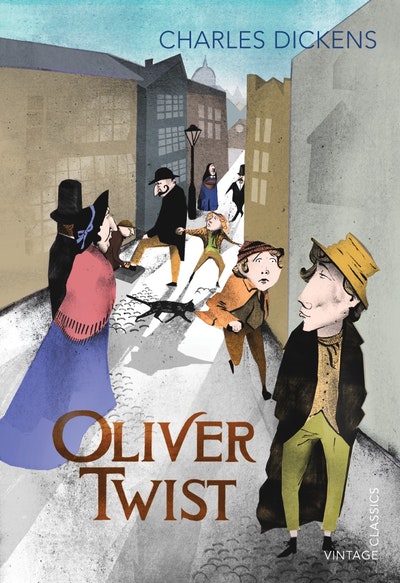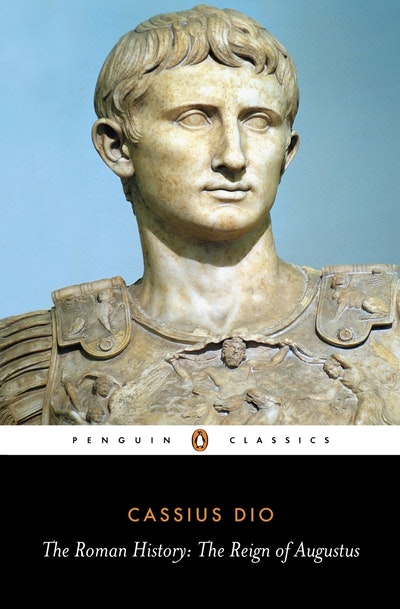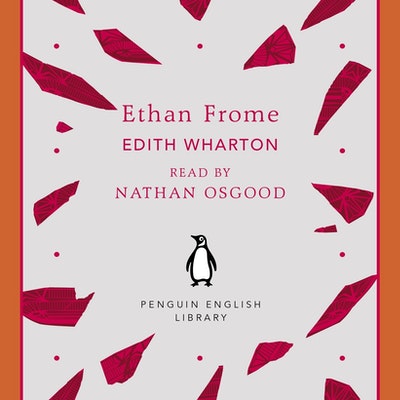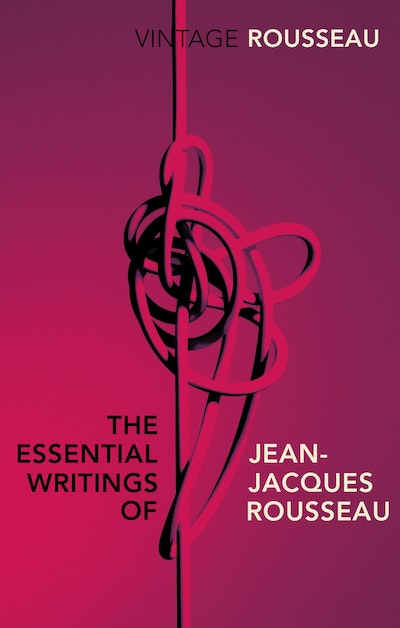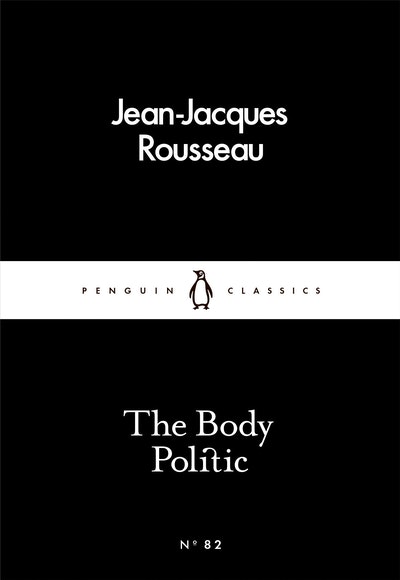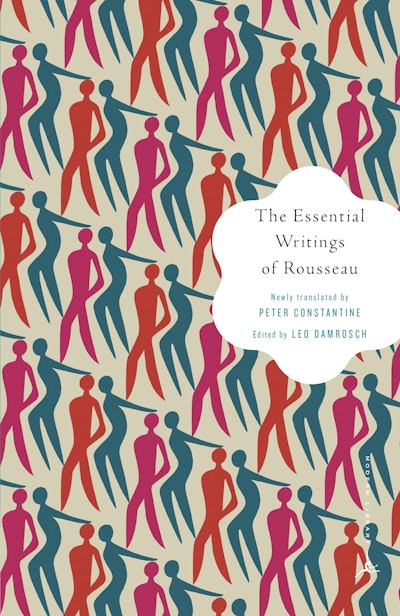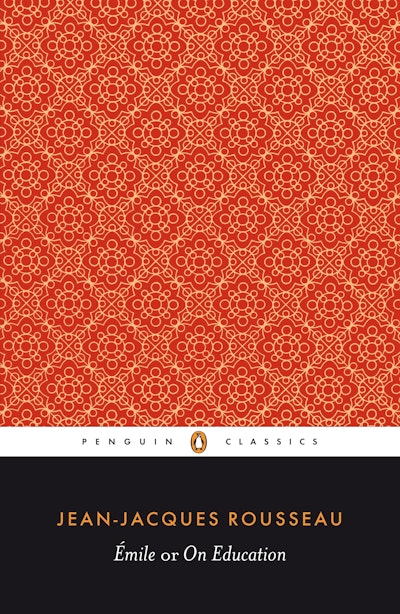- Published: 1 May 1980
- ISBN: 9780140443639
- Imprint: Penguin Classics
- Format: Paperback
- Pages: 160
- RRP: $26.00
Reveries of the Solitary Walker
Rousseau's final work and meditation
After a period of forced exile and solitary wandering brought about by his radical views on religion and politics, Jean-Jacques Rousseau returned to Paris in 1770. Here, in the last two years of his life, he wrote his final work, the Reveries. In this eloquent masterpiece the great political thinker describes his sense of isolation from a society he felt had rejected his writings - and the manner in which he has come to terms with his alienation, as he walks around Paris, gazing at plants, day-dreaming and finding comfort in the virtues of solitude and the natural world. Meditative, amusing and lyrical, this is a fascinating exploration of Rousseau's thought as he looks back over his life, searching to justify his actions, to defend himself against his critics and to elaborate upon his philosophy.
- Published: 1 May 1980
- ISBN: 9780140443639
- Imprint: Penguin Classics
- Format: Paperback
- Pages: 160
- RRP: $26.00
































































































































































































































